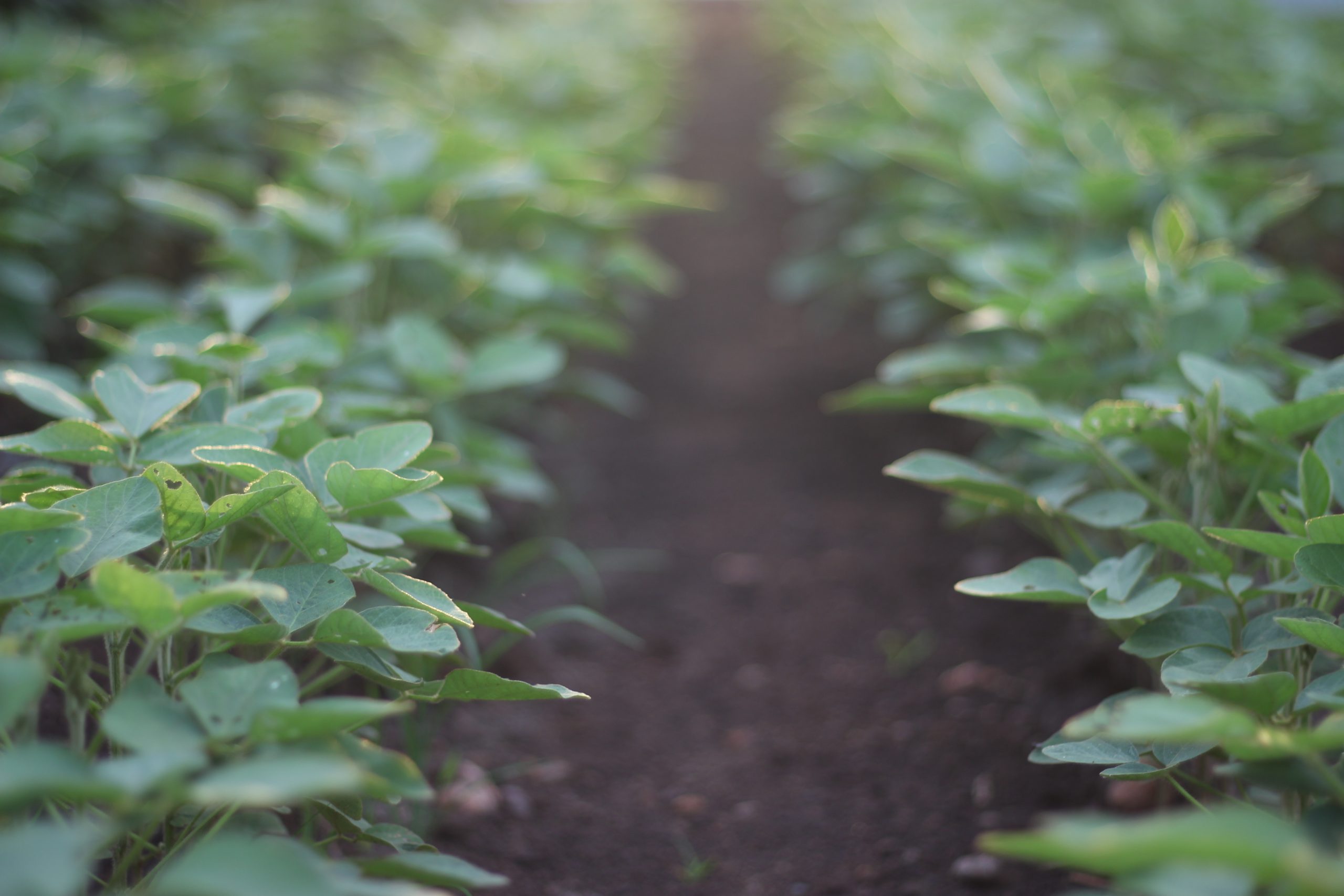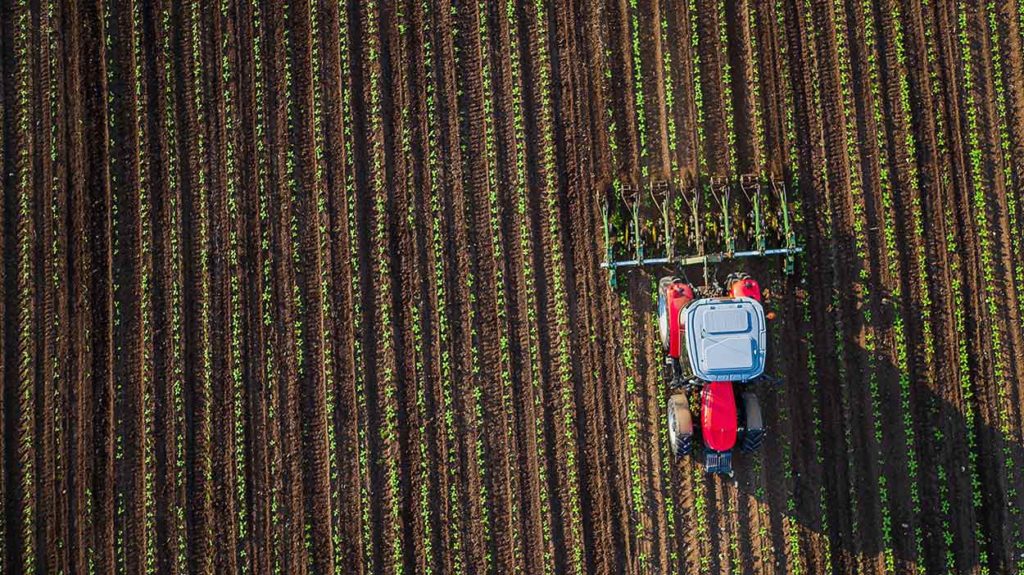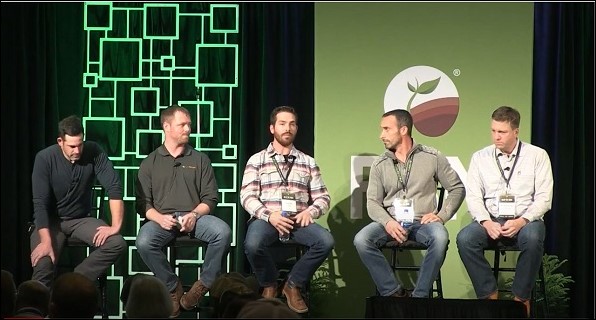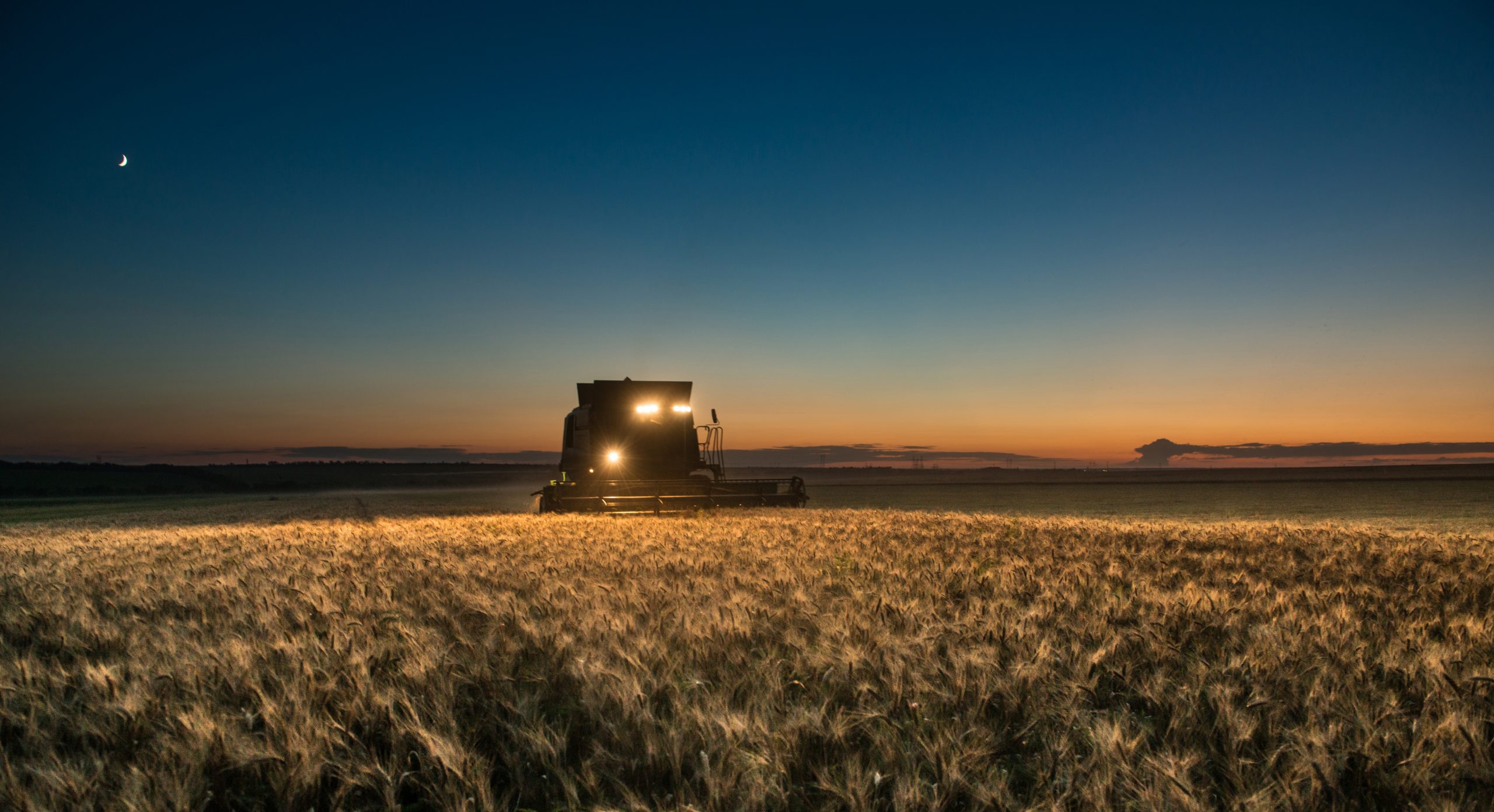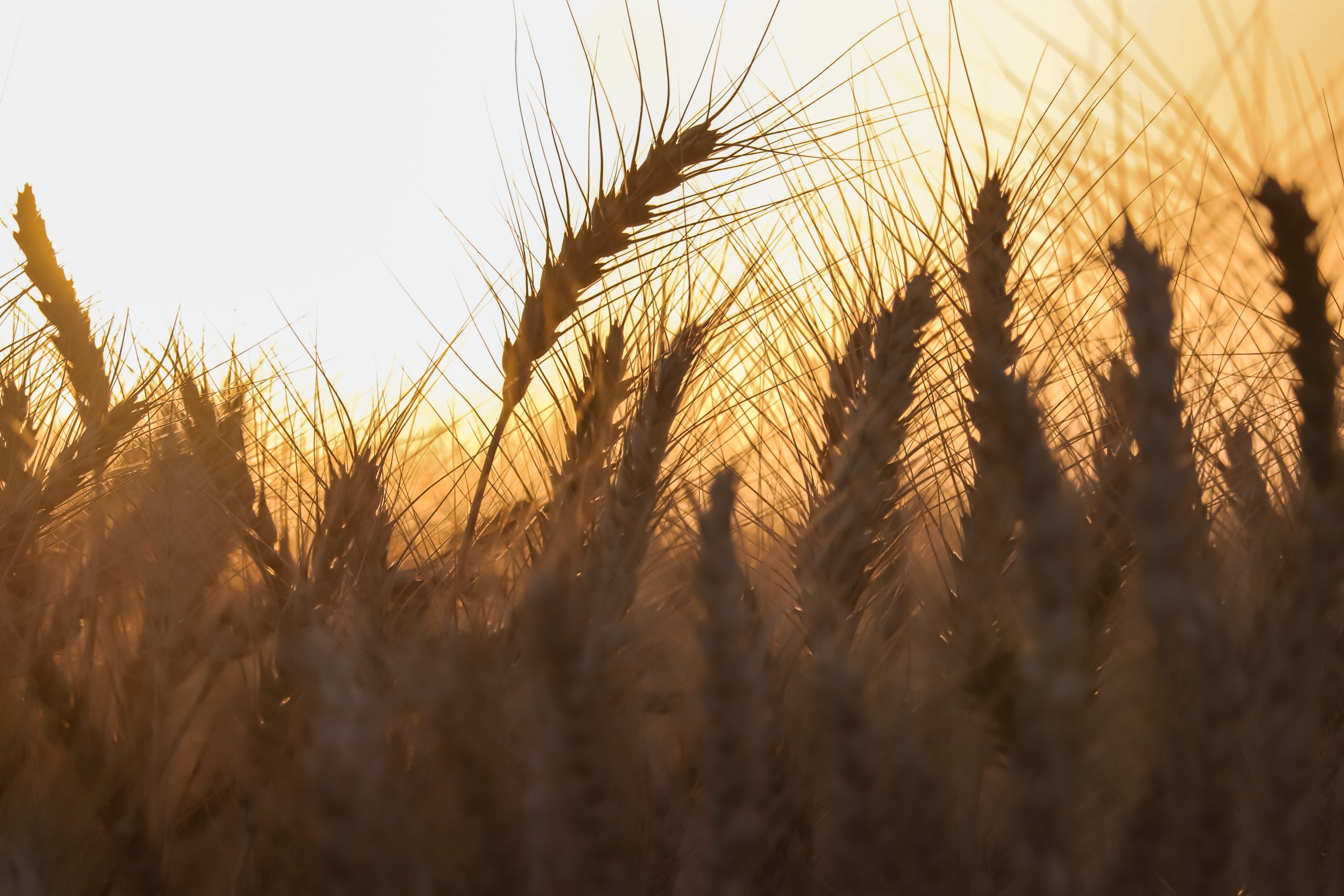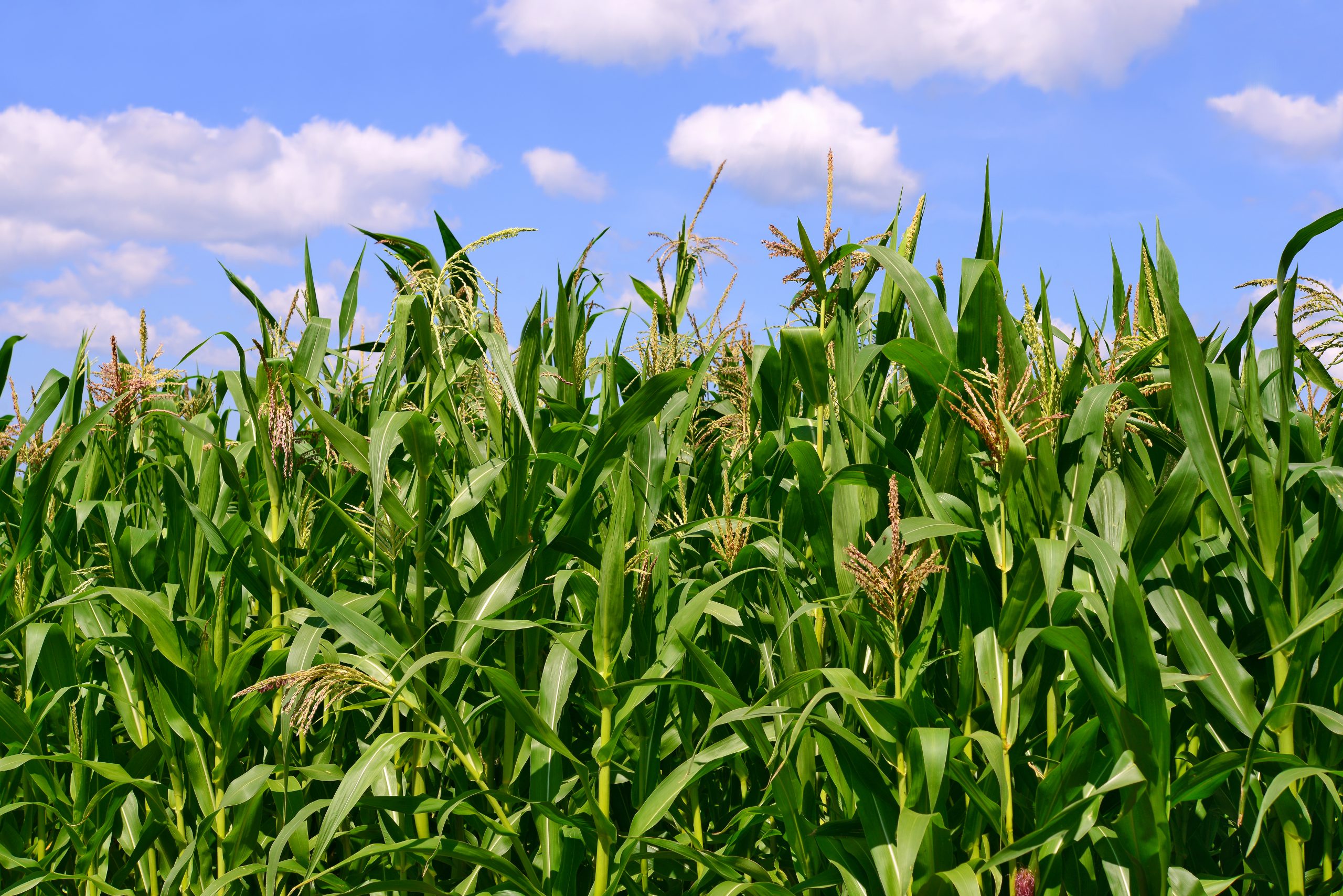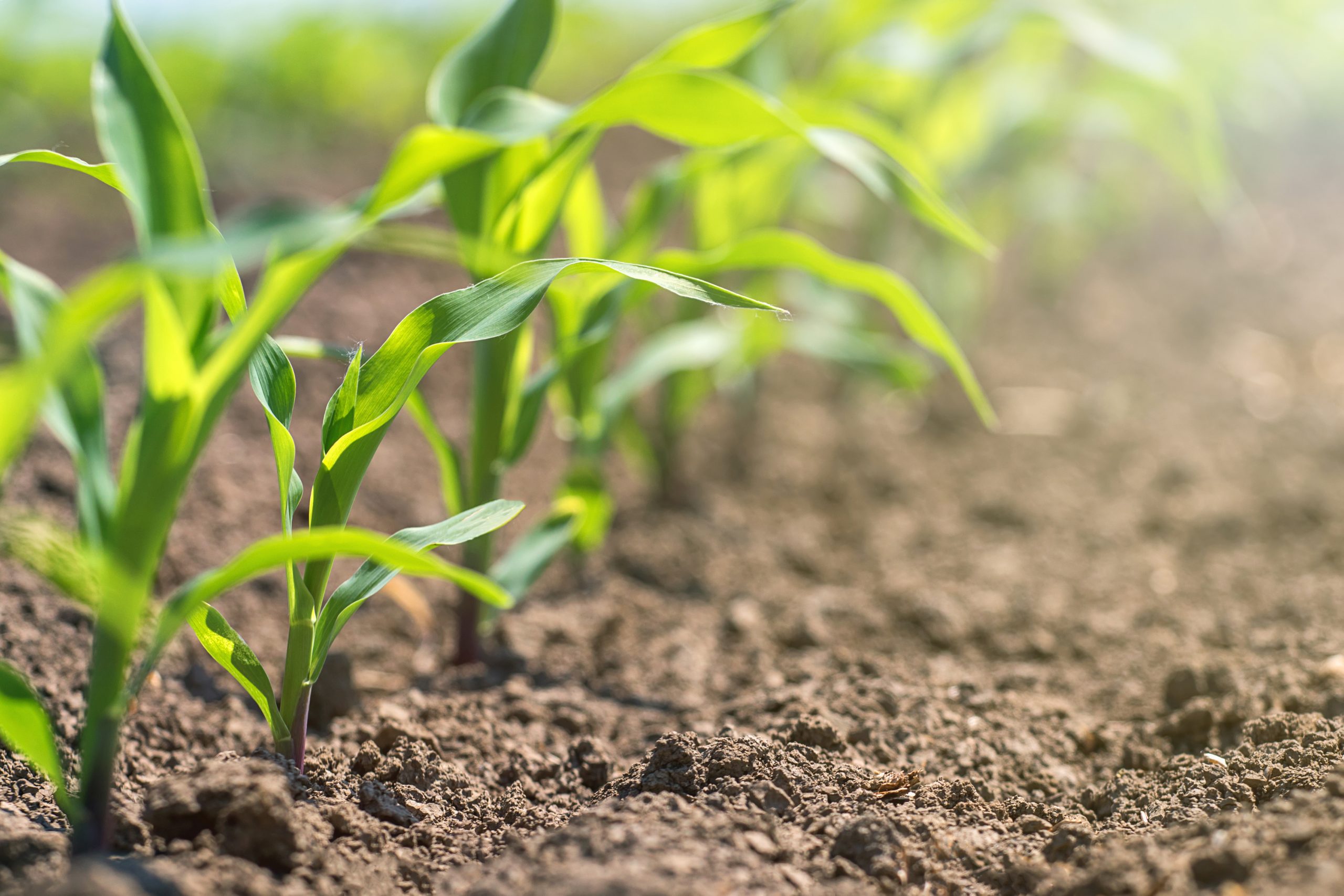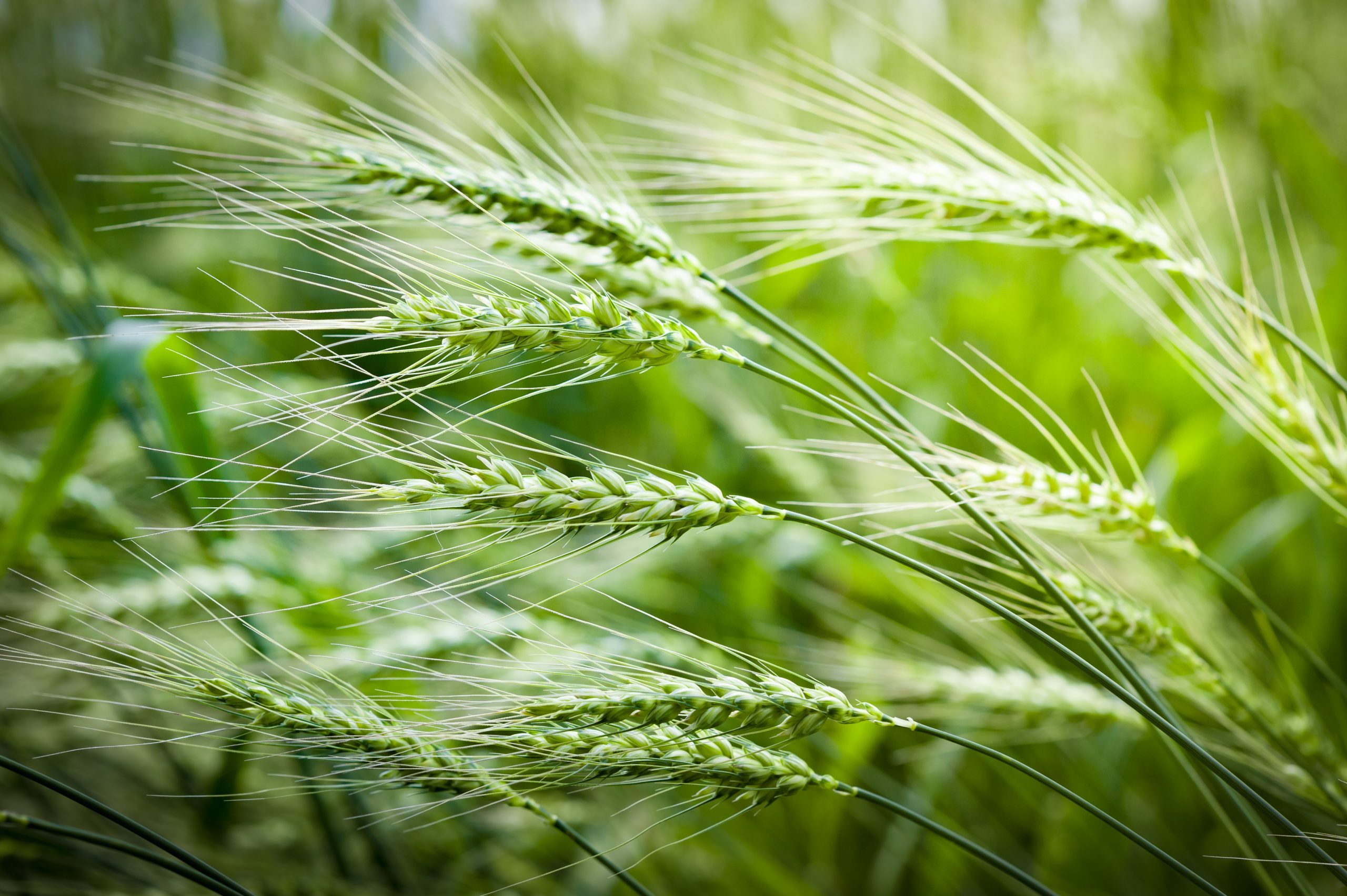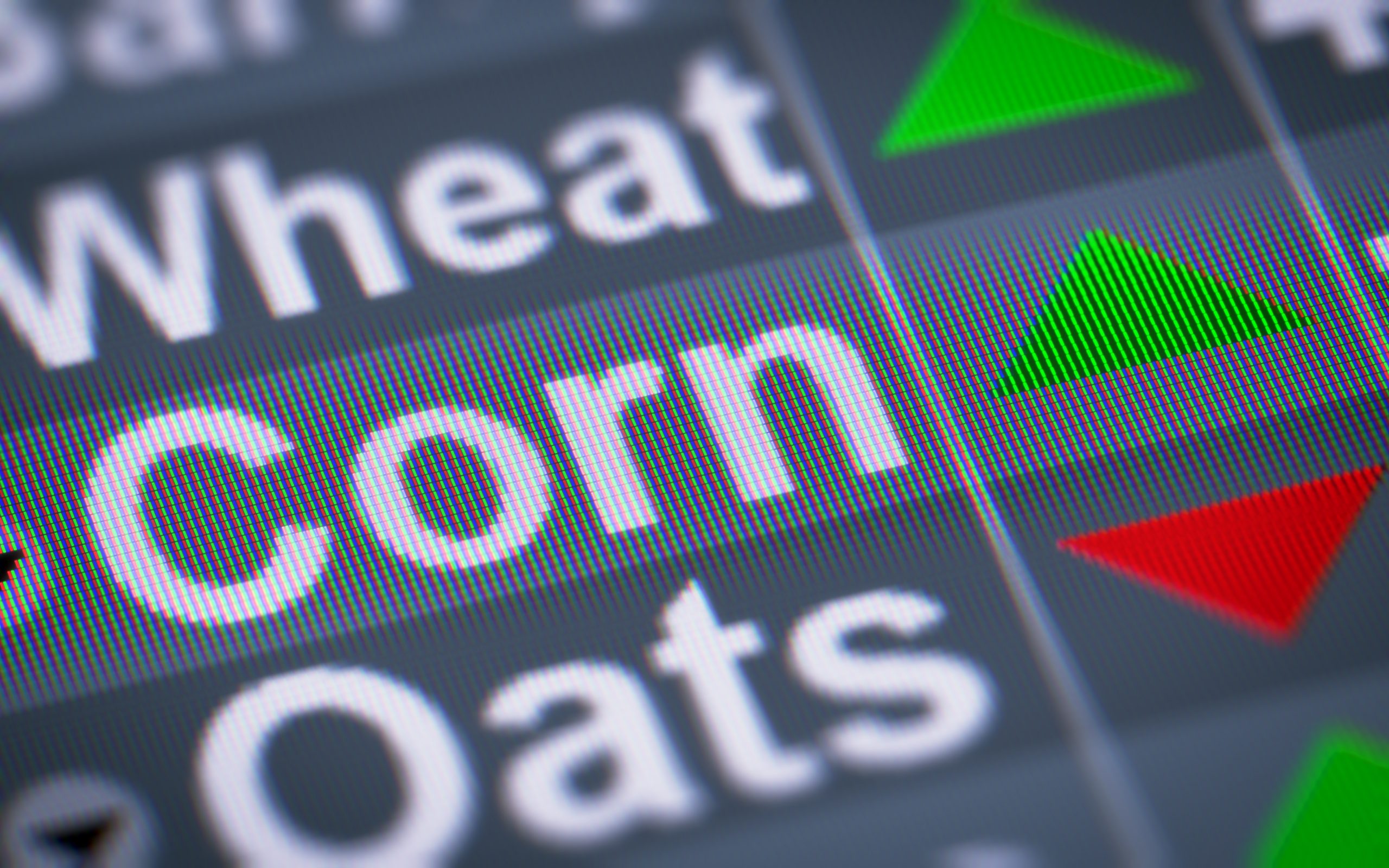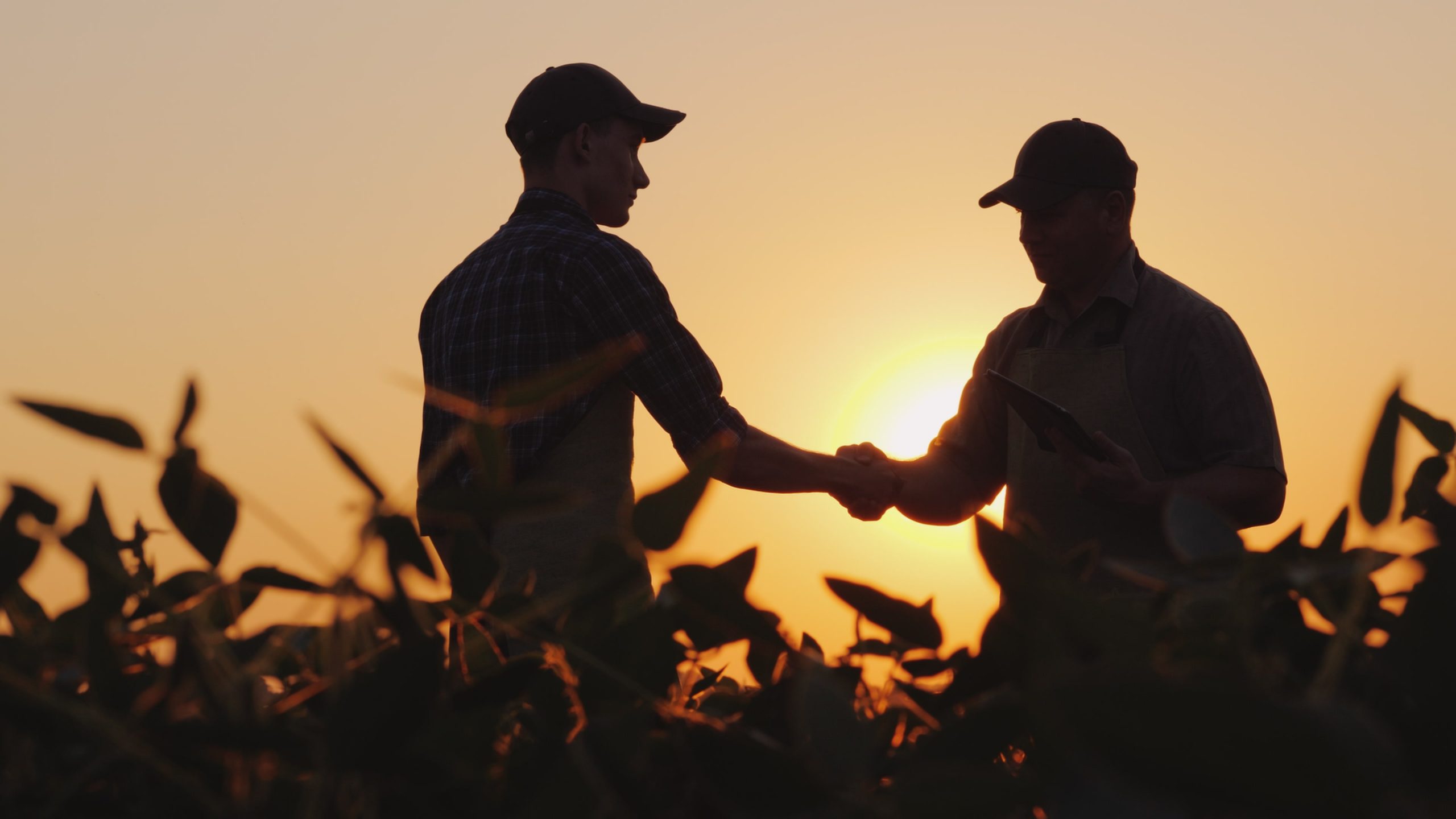Questions about an organic fertilizer strategy are common in organic farming. How do I provide enough nutrients? In particular, nitrogen. How do I manage my crop and soil without using synthetic fertilizers? Fertilizer can come from a variety of organic sources, including animal waste, decomposing plants, and nitrogen-fixing crops like soybeans and clover. So it’s […]
Consider Organic Farming? Yes.
With so much economic uncertainty caused by the COVID-19 pandemic, you may be wondering: Is now the right time to transition into organic crop production? Is this the right time to increase the number of organic acres you’re already farming? My answer, yes. Current market conditions, falling commodity prices for conventional crops and somewhat lower […]
80 Million Millennials Can’t Be Wrong: Farmer Panel
80 million millennials are a part of the driving force behind the rapid growth of organic food demand. So why aren’t more farmers transitioning into a system that sees premiums of 2x over conventional and profitable margins? In a panel that took place at FBN’s Farmer2Farmer V event, AgriSecure co-founder and organic farmer Bryce Irlbeck […]
The Impact of COVID-19 on Organics Marketing
With COVID-19 causing conventional corn and soybean prices to fall, organic farmers may be wondering how the pandemic is going to affect their marketing plans. Currently, organic corn prices are down because of strong production in 2019 and higher imports. Prices for organic soybeans, on the other hand, have risen due to a decrease in […]
5 Keys to Marketing Organics and Reaping Profits
The biggest benefit of marketing organic crops are the price premiums. Over the last decade we’ve seen premiums almost double conventional crops, with organic corn averaging over $9.50 a bushel and soybeans more than $20 per bushel. While we can’t predict what prices will do in the future, there’s continued underlying growth in the demand […]
Organic Production? Get this Free Playbook.
Becoming an organic farmer is not a simple task. It requires a 36-month period, known as the transition process, where fields are treated as they would be under organic certification, but without being able to reap the organic premiums. Transitioning can set your organic operation up for success or struggles, which is why AgriSecure has […]
4 Keys to Choosing and Using Organic Crop Inputs
Growers understand that switching from a conventional farming system to organic means giving up certain products like genetically modified seed and synthetic herbicides. But that doesn’t mean organic farmers do not have crop input options. In fact, aside from nitrogen fertilizers and herbicides, most conventional inputs can be found in organic forms, and through use […]
7 Tips for Success After Organic Transition
It’s been 36 months since you started the transition process, and now you’re entering your first growing season as a certified organic farmer. While this means finally being able to reap those high premiums, it also means that any mistakes made are going to cost more. By following these 7 tips, you can reduce the […]
Organic Sales Outpace Conventional Crops
The agriculture industry is no stranger to volatility in the market place. Organic is more than just stewardship of the land, it can transform your profitability. Take a closer look at this article and the strong market outlook for organic crops. Continued strong price premiums and growing demand resulted in organic crop sales doubling from […]
AgriSecure Shares Transition Tips at Minnesota Organic Conference
AgriSecure account executives Kenn Jenkins and Pete Kapustka will share the company’s perspective on how to manage the transition process into organic production at the 2020 Minnesota Organic Conference. Becoming an organic grower requires a field not having any prohibited substance or genetically modified crops on it for 36 months, and that time period can […]

